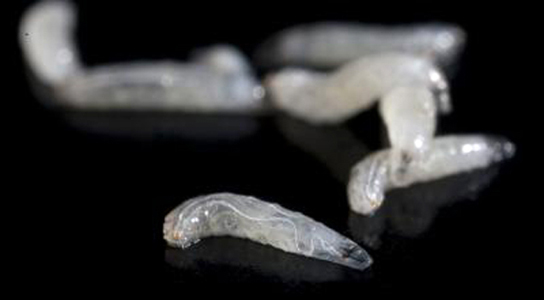
Fruit fly larvae. Credit: Robinson et al., Current Biology
Many studies suggest that the behavioral effects of alcohol in humans can be modeled in fruit flies and other animals. Scientists that were trying to see when these effects start to take place discovered that inebriated fruit fly larvae learned just as well as sober ones.
The scientists published their findings in the journal Current Biology. Earlier this year, scientists showed that male fruit flies are more likely to turn to alcohol-laced food when they’ve been rejected by a female. In this new study, researchers fed the larvae of fruit flies alcohol-spiked food and then tested their ability to learn to avoid unpleasant stimuli.
After consuming an amount of alcohol that would be mildly intoxicating to humans, equivalent to a 0.05 to 0.08 blood alcohol concentration, the larvae were less apt at avoiding an attractive odor that had been paired with a heat shock than the sober larvae. This indicated that initially, alcohol impaired learning. After a six-day drinking binge, the same larvae adapted and were able to learn just as well as the non-alcoholic larvae. They performed worse when the alcohol was taken away. Once they were allowed to drink again, their performance returned to their normal level.
This is the first evidence that invertebrate learning and memory can become dependent on alcohol, and that alcohol also affects the cells of the nervous system.
Reference: “Neural Adaptation Leads to Cognitive Ethanol Dependence” by Brooks G. Robinson, Sukant Khurana, Anna Kuperman and Nigel S. Atkinson, 29 November 2012, Current Biology.
DOI: 10.1016/j.cub.2012.10.038


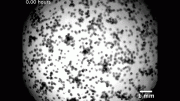
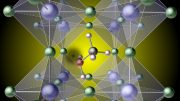
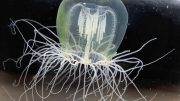
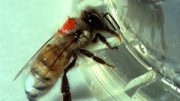
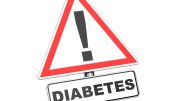


Be the first to comment on "Drunken Larvae Learn Just As Well as Sober Larvae"